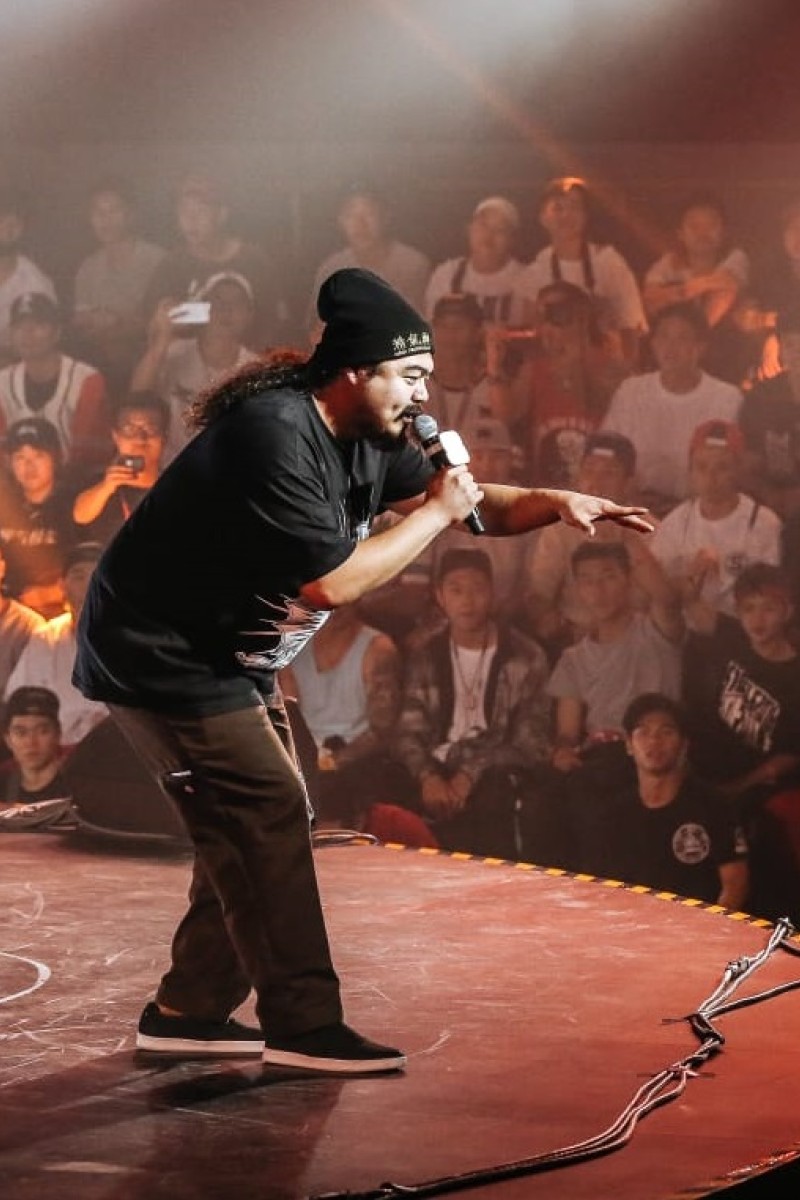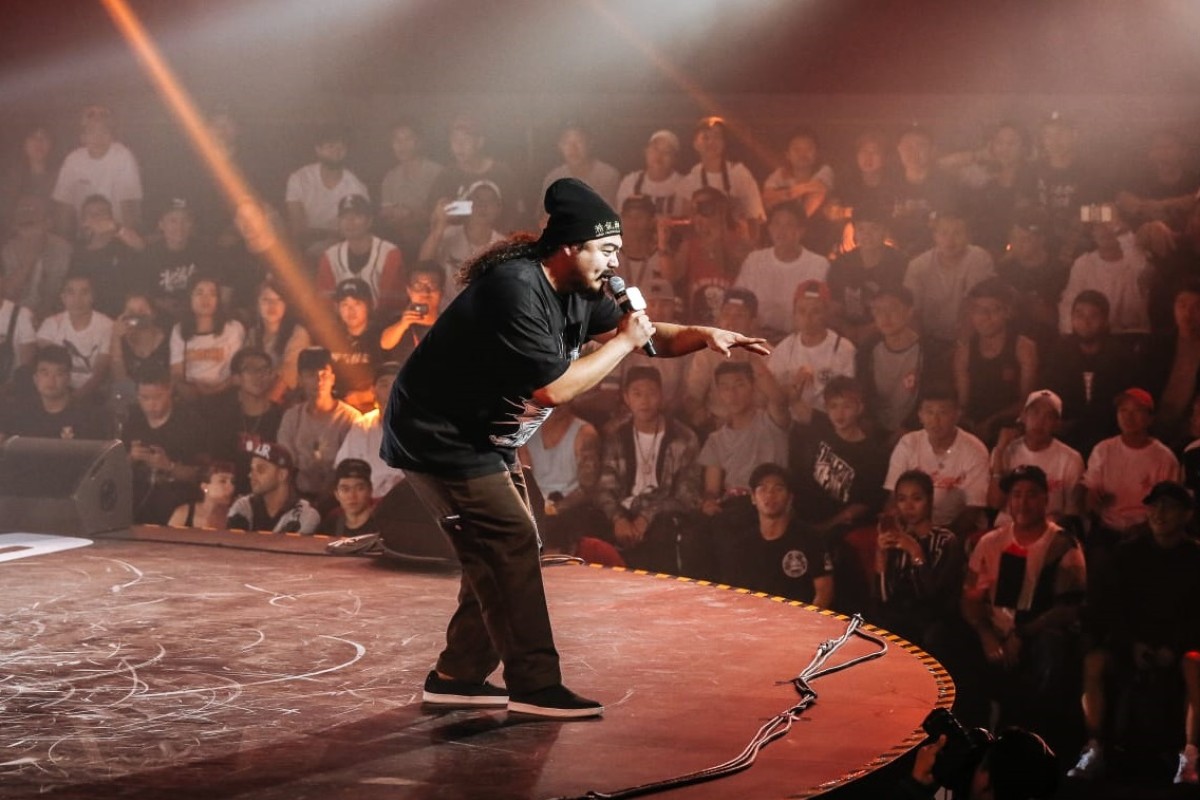
HK performer MC Fat Joe talks hip hop, break dancing and why shows like ‘The Rap of China’ only touch the surface of this complex culture
Joe Chong, better known as MC Fat Joe, explains why the hip hop subculture is still misunderstood
 MC Fat Joe has years of experience hosting rap shows and events in Hong Kong and Mainland China.
MC Fat Joe has years of experience hosting rap shows and events in Hong Kong and Mainland China.As the second season of The Rap of China concluded on October 6, the variety show proved once again the popularity of hip hop and rap music in both Hong Kong and on the mainland.
The web series, which was streamed on Chinese online video platform iQiyi, drew in an average of 1.6 million views per episode. However, the show has also been the subject of much criticism. Many hip hop fans feel it fails to deliver the true essence and diversity of hip hop culture.
Joe Chong Chi-ho, better known as MC Fat Joe, has been part of the underground hip hop scene in Hong Kong for almost 20 years. He told Young Post that he has a different take on the criticism surrounding the show.
Hip hop group Higher Brothers on Clockenflap, Chengdu, and playing at the Kitec Music Zone
“Why would people expect a mainstream variety show to capture the spirit and philosophy of hip hop culture? After all, these shows aim to cater for the general public, but hip hop culture has been a subculture since day one.”
Starting out as an alternative culture in the Bronx in New York City in the late 1970s, hip hop – and other broader aspects of black-American culture – has taken hold in East Asia in recent years, and has had a particularly strong influence on K-pop music.
Chong discovered his love of hip hop culture through listening to rap artists like Eminem, Tupac Shakur and Snoop Dogg. In 2001, he became a member of a local break dancing crew named Buddy Crew, set up by his brother, who shares Chong’s passion for the genre. During his time with the group, Chong quickly proved himself to be a talented performer, mastering rap, freestyle, and break dance.
Since then, Chong has hosted countless hip hop events in Hong Kong and on the mainland. He also worked on the production of Street Dance of China, a web variety show series about break dancing.
Although there are fewer large-scale hip hop shows in Hong Kong than on the mainland, Chong is content for the genre to remain under the radar in the city.
“Despite its global popularity, there hasn’t been much of an attempt to make hip hop part of mainstream culture. Instead, there is always a group of hip hop enthusiasts keeping the culture running.”
Why Far East Movement are so much more than Asian American hip hop pioneers
Chong considers himself lucky that he’s been able to turn his passion into a profession, but he admits many fellow hip hop devotees struggle to build a career out of it because of the limited job opportunities in the industry.
However, he added that those who aren’t in the industry shouldn’t feel excluded from the culture, because hip hop is all about unity and creativity.
“When hip hop first emerged in the US, it was a call for social cohesion, cultural diversity, creativity and authenticity,” he said. “Hong Kong provides a similar ideal environment for hip hop culture to grow, because we are racially and culturally diverse.”
What are the origins of Hip Hop and what tracks should you be listening to?
Chong’s advice to young people who are drawn to the genre is to take the time to do research and develop a deeper understanding of the culture, rather than simply imitating what they see.
“Some people wear bandanas around their head with the knot facing the front, but they are not aware that this is how some American gangs members identify themselves.”
Chong sees the mainstream media’s coverage of hip hop as a double-edged sword, and hopes those new to it will look beyond the hype.
“A lot of people develop an interest in hip hop through pop culture, such as variety shows like The Rap of China,” he said. “But we have to bear in mind that these shows only touch the surface of this complex culture. Beneath its trendy image, hip hop has its own philosophy.”